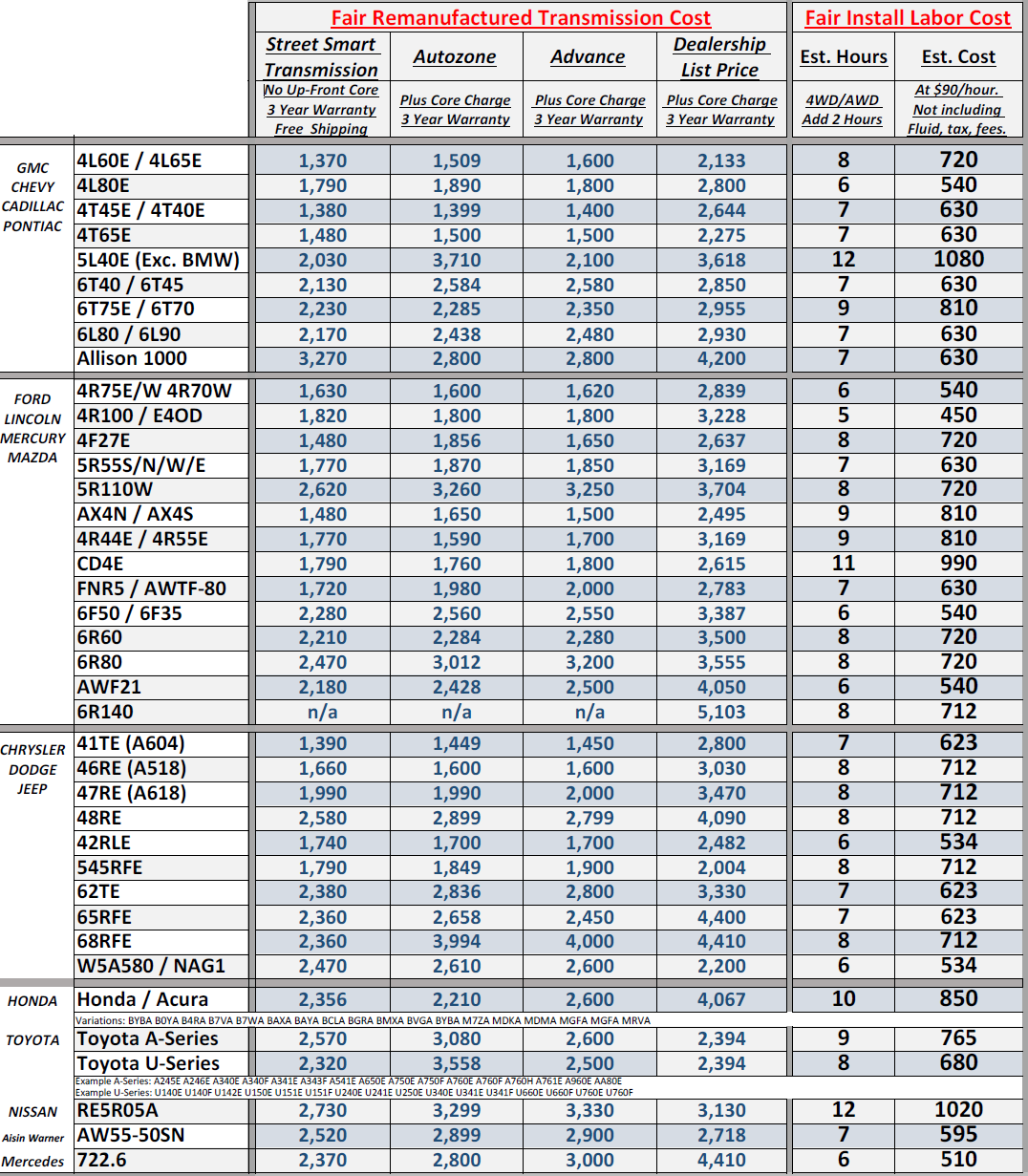You have touched on a couple of points that are quite interesting. First, I would suggest that you take the Suburban into the shop so the tech can put it through its paces. I think that you may get some interesting results. Those results might indicate, for example, that there’s a failure with one of the control solenoids; or, it might also indicate that the solenoid stuck open briefly and reset when you restarted the SUV.
It is also possible that the transmission control module (TCM) may be registering a problem within the Valve Body, which is key to shifting. It is possible that the TCM is telling you that you have a sticking check valve somewhere within the Valve Body. It is also possible that it is indicating that the check valve should be replaced.
Check valves are little more than lightweight ball-bearings that are installed on lightweight springs. The combination of the light ball-bearing and spring make the system work because only increases and decreases in the transmission fluid pressure make the check valve responsive. If the pressure increases, the valve opens and allows the fluid to change its track from one gear to the next. When the pressure drops, the ball-bearing resets, cutting off the fluid flow.
I think your idea of having the tech check the SUV is great. It’s possible that the fluid could be down a quart or so and if it is your transmission will perform quite weirdly.
You also offer a suggestion that is quite valid, the SUV has to “learn” your driving style. For the last 25 years or more computers have been used in transmissions and related systems to provide for precise shifting and to help control emissions. Since your SUV only recently had its transmission replaced and since you purchased it from the owner who initiated the replacement, it is quite likely that your transmission has to become used to you and your braking and acceleration patterns.
Honestly, transmissions today are more about electronics than about mechanical systems. Indeed, the mechanical systems are, for the most part, fairly bulletproof. Yes, mechanical systems like the torque converter as well as the clutches and bands or the input shaft do fail. That failure, though, is pretty rare, all things considered.
Electronics, though, are another story. Think about the environment in which items like solenoids, sensors and control modules operate. The engine compartment is not electronics friendly. For example, your transmission’s issues may be have been caused by the solenoid glitches. Those glitches — brief outages or overvoltage conditions — could make your Suburban perform exactly as you described.
The obvious solution here is replacing the solenoid packs — about $175 apiece — which should fix this problem. It will only cost about $600 to replace the packs.

